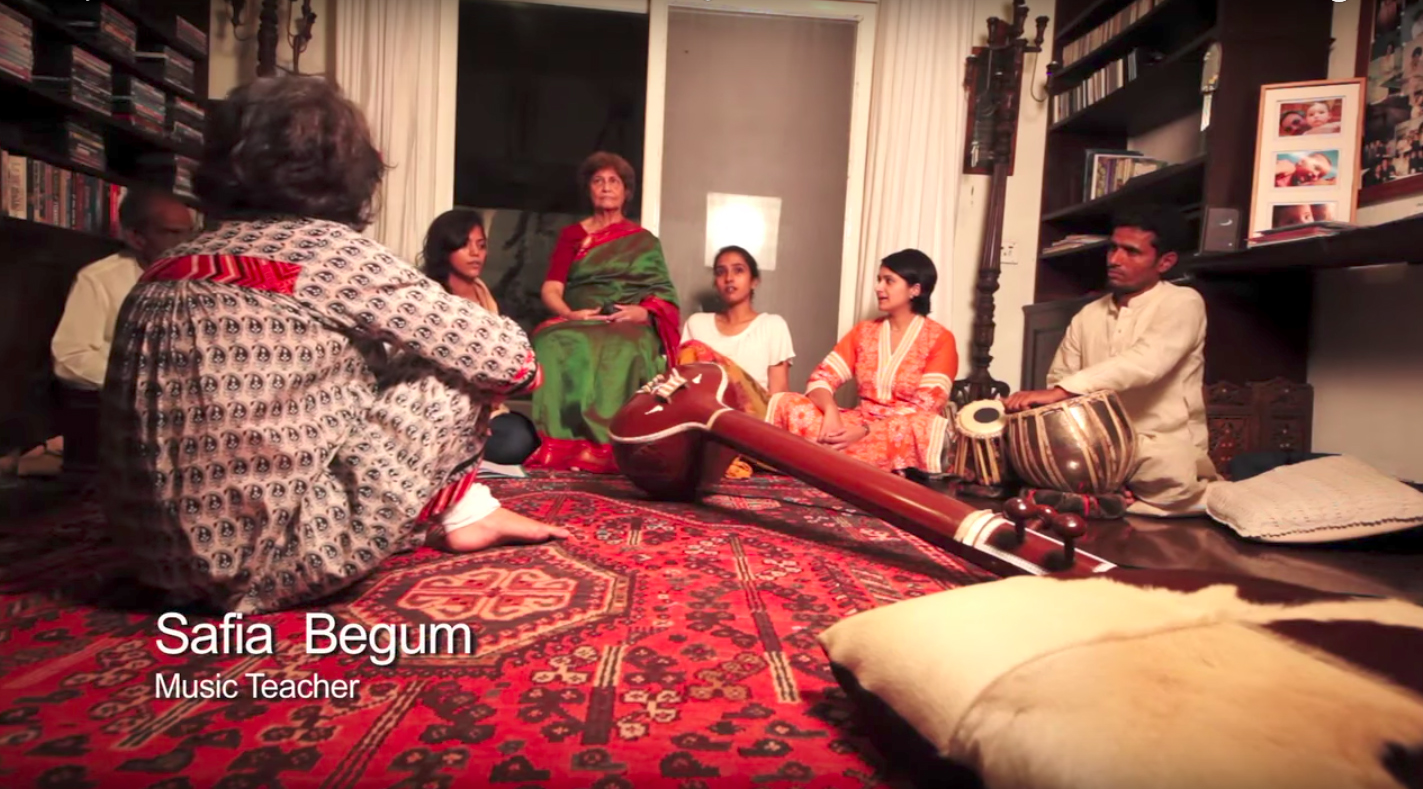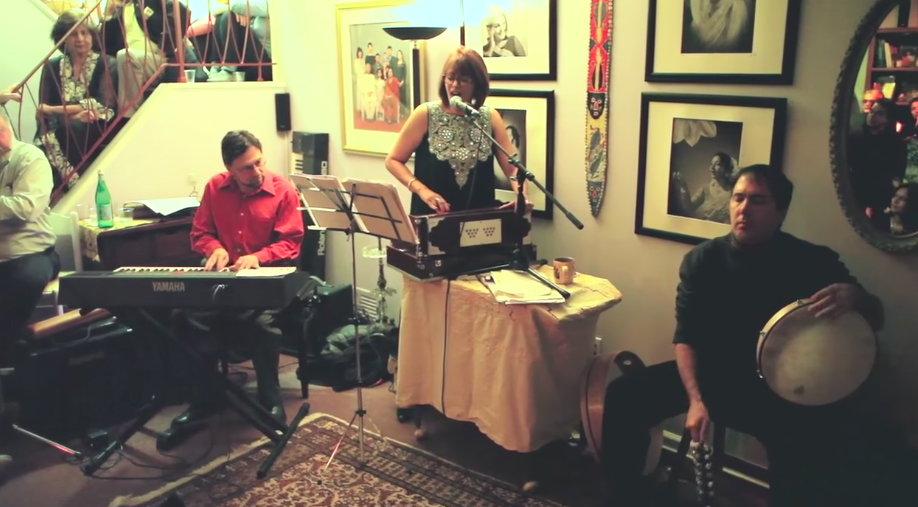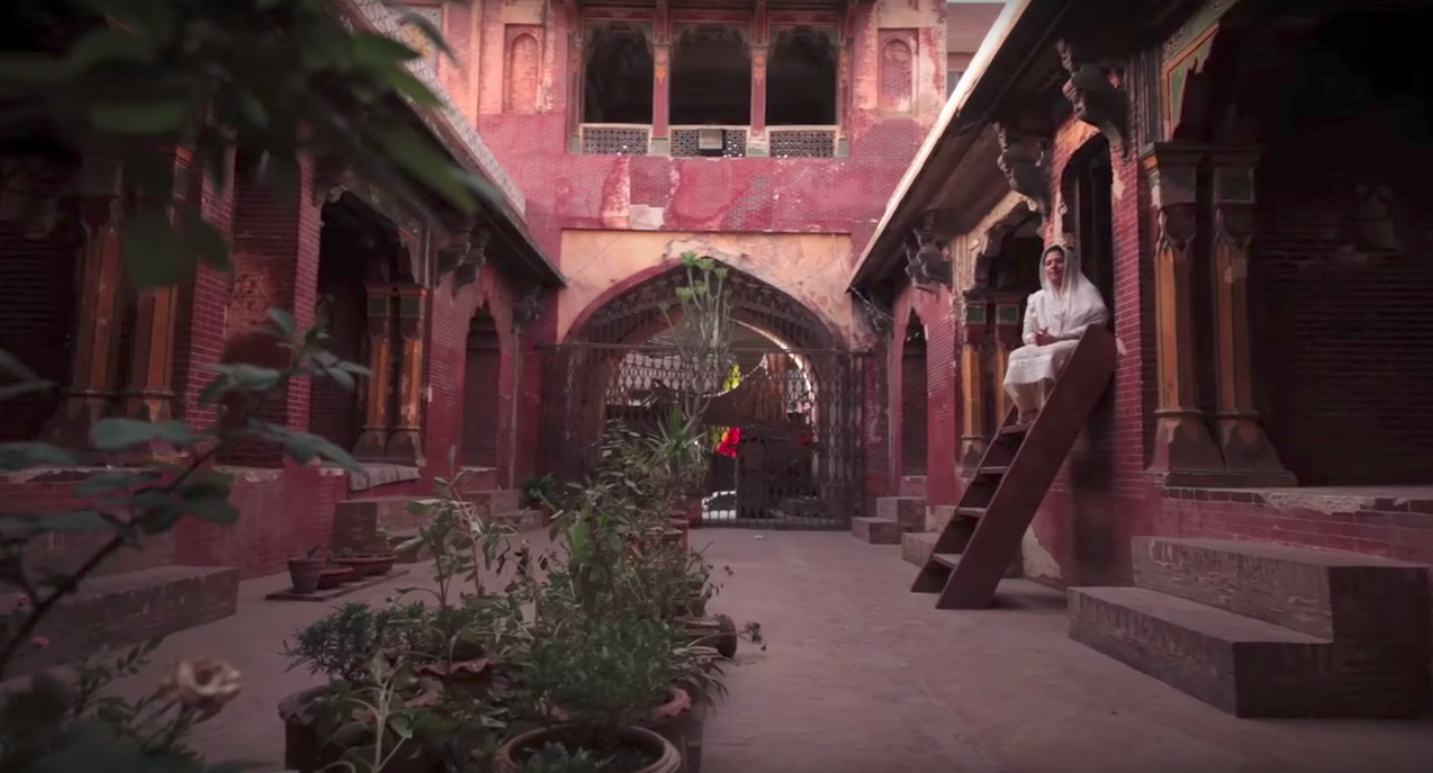Voice for Change: Dr. Fawzia Afzal-Khan of Montclair State University

For Dr. Afzal-Khan’s documentary From The Melody Queen to the Muslim Madonna, she interviewed several Pakistani women, including vocalists, professors, and relatives of famous historic Pakistani singers.
By William Uhl
A vocalist, professor, and activist, Dr. Fawzia Afzal-Khan has spent her life working to bridge gaps between people and erase misconceptions. Born in Pakistan and raised by two parents who fostered her thirst for knowledge, she has several published articles in both academic journals and newspapers, a well-reviewed memoir, and received the "Excellence in Public Life Award" by the American Muslim Alliance in 2008. Now a professor at Montclair State University, she has continued to unite the East and West through education, writing, and music.
Growing up in a professional middle-class household, Afzal-Khan saw the impact education had on her mother’s lower-class students. “They really looked up to her, they really admired my mother,” she said. “Because of my mother and her life as a professor, their lives have improved.” Her father was similarly important, encouraging her to finish her college education before pursuing marriage. “Muslim men are seen so negatively, only seen as controlling, oppressive ogres,” she said, contrasting her father’s empowering attitude to the dominant stereotype. “You need to have an education so you can stand on your own two feet,” she recalled him saying. “You should be prepared to look after yourself.”
After coming to the United States to pursue a doctorate degree studying English and American literature, she was struck by the similarities Pakistan and America had in their societies, cultures, values – and women’s issues. “I was astonished at the similar constraints women faced here,” said Afzal-Khan. After 9/11, much of the progress she had seen in America’s cultural understanding of Pakistan and the Muslim world crumbled, replaced by an ignorant wartime rhetoric. “People were, by and large, being fed a really negative portrayal of the Muslim world.”
In traveling back to Pakistan, she found many similar generalizations about America. “People, when I go back, say, especially after 9/11, ‘Oh my God, how can you live in America? Look at what America’s doing. America’s terrible, America’s creating all of these problems. America’s bombing so many countries, and it hates Muslims, and blah blah blah,’ and I always tell people there that’s just not true. You have to separate government actions out from actions of the people and within people.”

In between teaching courses at Montclair and attending conferences, Dr. Afzal-Khan finds time to exercise her vocal training with performances that blend traditional Pakistani music with American jazz.
Afzal-Khan considers understanding nuance and recognizing complexity as one of the most important steps for overcoming many of today’s tribalistic issues. “People are not the same, they do not hold all the same political and cultural views, so how can you say that? That is such a broad, sweeping generalization, and that’s the same exact thing about Pakistan that I like to tell people here. When people say to me, ‘Oh my God, we’re so surprised, you must be so unusual in your culture. You must have had such difficulty growing up in Pakistan,’ I tell them that’s not true.”
For Afzal-Khan, music has been both a passion and a cultural bridge. “What you think of as different is not so different: North Indo-Pakistani classical music is very similar in structure to jazz. That’s another way to increase cross-cultural relationships, through music.”
Much of her work in the past several years has focused on music’s power not just in breaking down cultural barriers, but also in empowering those standing up to unjust authority. She received a $70,000 grant in 2007 for a preview of Melody Queen to Muslim Madonna: Pakistan's Female Singers, a history of the progressive political power held by Pakistan’s female singers. “This is a project about mediation in the sense of bringing cultures together; in this case by creating better understanding for Western audiences about Pakistan and its women singers, through a documentary film,” she wrote in a post about the film. Her research and interviews reminded her of her “desire and memory of a Pakistan left behind and a singing self that I also abandoned, with a present self fashioned out of a feminist yearning to pursue a life of the mind and a certain freedom I naively associated at 20 with the Western academy and living in the U.S. That rupture is now healing—or at least the split is being repaired through this project linking my own past and present selves and her-stories.”
Afzal-Khan still has much to look forward to. Between teaching at Montclair, traveling to global events, and writing her next book, she’s still working to bring people together: “Education is key to removing negative portrayals of people,” she said. “It’s the complexities you have to keep in mind. Don’t simplify, don’t generalize.”


